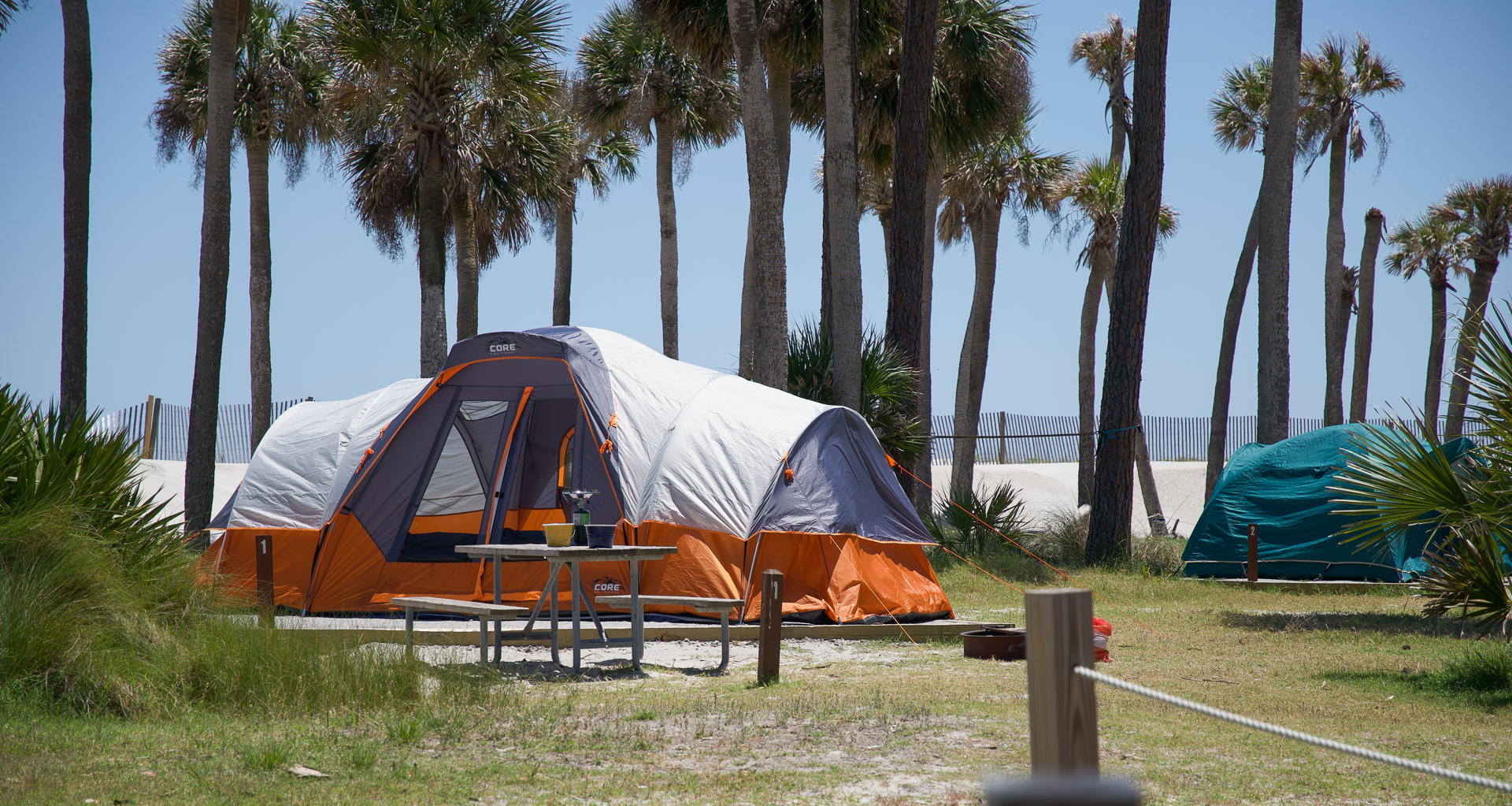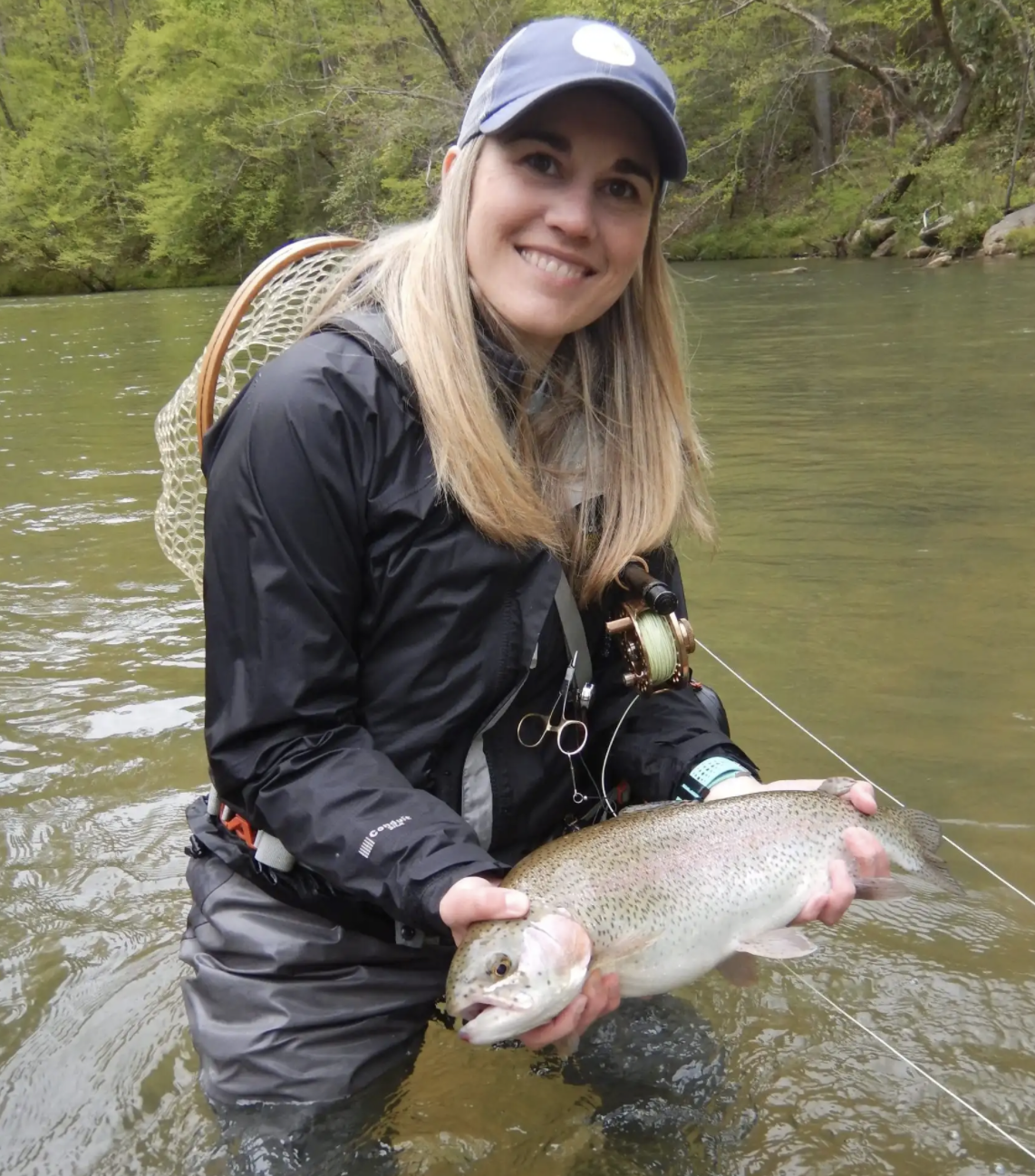
When our family plans a camping trip, nine times out of 10 we are headed to the mountains. Occasionally, though, before the heat of the summer kicks in, we also like to camp on the beach.
These trips usually require different planning than our trips to the mountains to account for elements such as bugs, sand and the tides.
Follow these seven simple tips for a more enjoyable camping trip at the beach.

Know The Rules
Before you pitch your tent on any open piece of sand, make sure that the beach allows camping. Even the beaches that do allow camping do not always allow fires. Check the rules before you go and make sure you obtain any necessary permits. Also, stay off the sand dunes. The dunes have vulnerable vegetation and can be nesting sites for sea turtles.

Tides
Check and recheck the tide schedule. Storms, moon phases and sometimes wind can cause the tide to be higher than predicted. To avoid a soggy night’s sleep, camp away from the high-tide mark on the sand. Also, there are apps such as Tides Near Me that will predict if there will be a higher than normal tide during your stay.

Pitching A Tent
Pitching a tent on sand may sound like sleeping on a mattress to some. However, sand can be hard and have rocks and shells in it, so don’t leave that sleeping pad at home. Before pitching your tent, smooth out the sand and remove any large debris. Also, metal tent stakes will pull out easily in sand, so purchase tent pegs that screw down to prevent your tent from blowing away in the beach breeze. Finally, don’t forget your rain fly. Afternoon thunderstorms can pop up unexpectedly, and the humidity is also higher near the water and can lead to extra moisture on your tent.
Fires
Always check that fires are allowed on the beach where you are camping. Lighting a fire on the beach can be tricky due to the beach breeze. Start by digging a pit for the fire. Also, bring your own wood to burn instead of foraging from the logs on the beach. Wood on the beach will typically be wet, and trees that grow at the beach are not great for campfires.

Bugs
Most campers get used to having bugs around them while camping in the spring and summer. Besides spray repellent, we also camp with a Thermacell to keep pesky insects away from our food. A screened shelter is a great investment for beach camping. It will provide a break from the sun and, if you cook meals inside it, a break from the bugs.

Sand
Sand is another element that deters campers from the beach. There are some helpful tools to pack to keep it at bay. First, use a small dustpan and sweeper for the sand that gets in the tent. Also, placing a ground sheet built for sand at the entrance to the tent will help keep sandy feet to a minimum.

Stay Hydrated
Between the hot sun and the dry sand, dehydration can creep up on you at the beach. Make sure to have plenty of water packed. Having one cooler for keeping drinks cold and one cooler for ice is also helpful.
Camping at the beach is a worthwhile summer vacation. With some prior planning and knowledge of essential items to pack, camping on the beach can be a breeze. Follow these steps for camping on the beach and have a great time.





